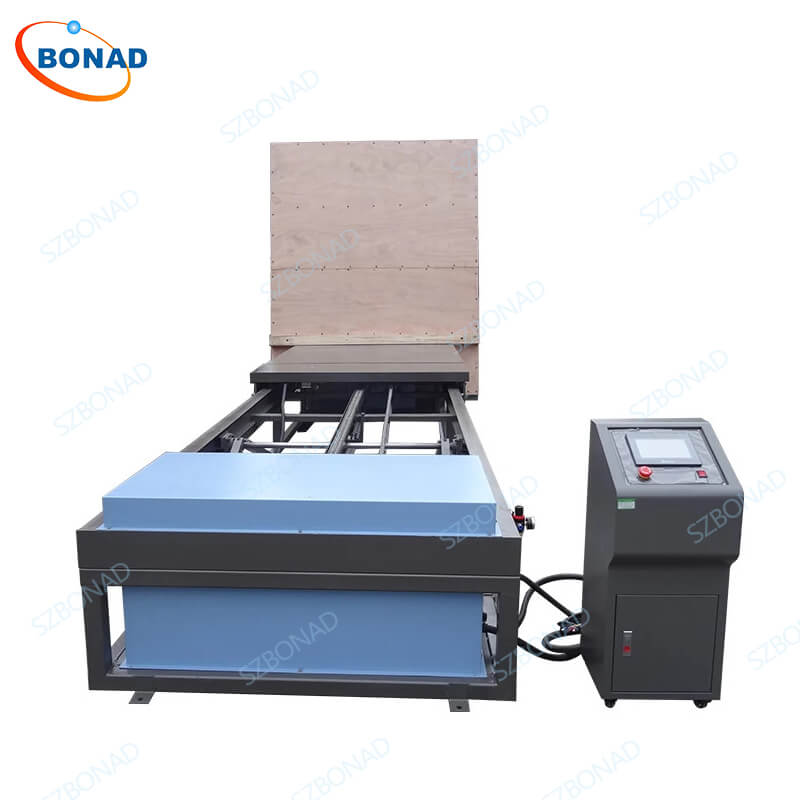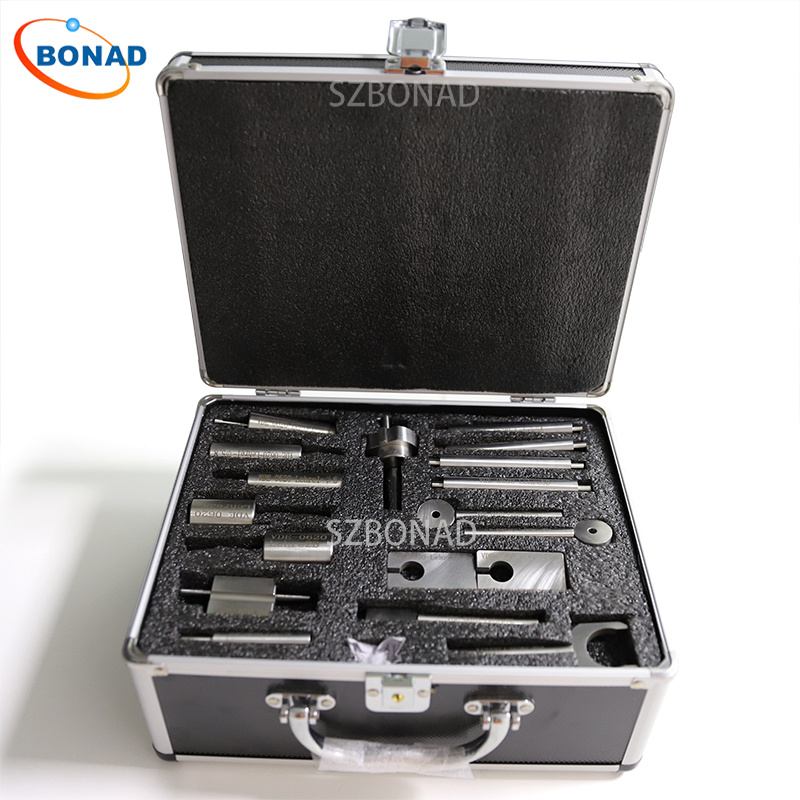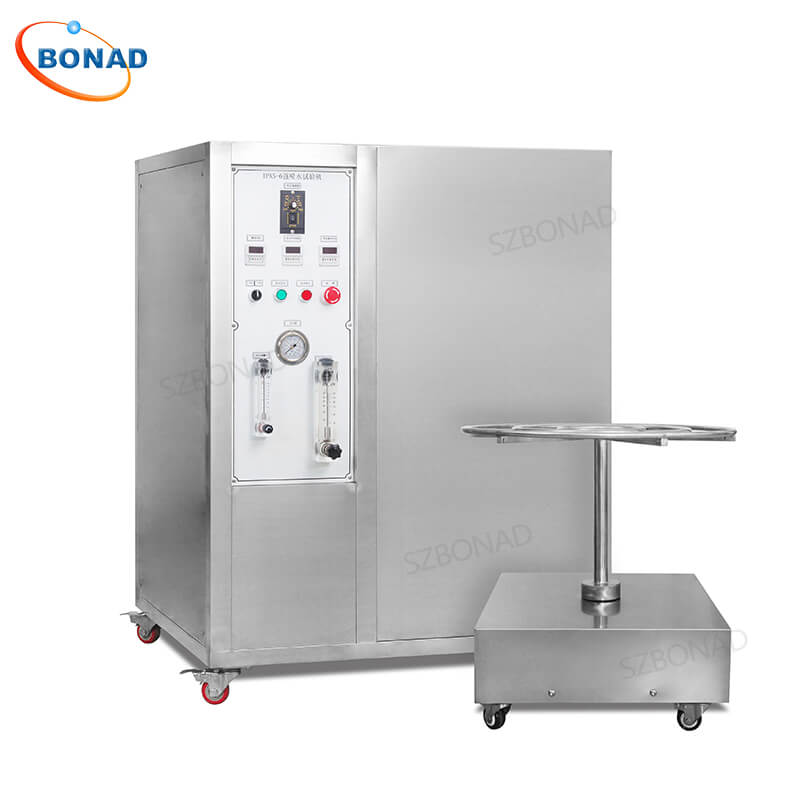Understanding Inclined Impact Testing
Inclined Impact Testing is a key method used to evaluate the durability and protective capacity of shipping containers and packaging materials under impact conditions. It simulates real-world impacts during handling, stacking, vehicle movement, and transportation. This testing assesses both the packaging structure and its ability to protect the contents from damage.
By comparing different container designs of the same size and load capacity, manufacturers can identify the most effective packaging solution for product protection and cost efficiency.
Importance of Inclined Impact Testing
Inclined impact testing is vital for regulatory compliance and quality assurance. It replicates the impacts experienced during distribution, allowing engineers to observe progressive package failure and internal damage.
Key benefits include:
- Reduced product loss and freight claims
- Optimized packaging design and material use
- Enhanced product safety during transit
- Improved customer satisfaction and brand reliability
- Faster time-to-market for new products
Testing ensures that packaging not only meets industry standards but also delivers cost-effective protection across the supply chain.
Testing Procedures and Standards
The testing process follows guidelines such as ASTM D880, ASTM D4332, ISO 2244, and ISO 8611-1. It typically includes:
- Sample Selection & Conditioning: Samples are conditioned per ASTM D4332 to simulate environmental exposure.
- Procedure A: Evaluates the packaging’s ability to withstand impacts until failure (e.g., spillage or exposure of contents).
- Procedure B: Tests how well packaging protects its contents after a specified number of impacts at defined velocities.
After testing, detailed reports document test conditions, specimen descriptions, and performance results.
Industry Solution: BONAD Packaging Inclined Impact Testing Machine
The BND-IITM Packaging Inclined Impact Testing Machine from SZBONAD provides a professional, accurate, and safe solution for packaging and transportation testing.
Applications
- Packaging design and optimization
- Product transportation simulation
- Pallet stability and load testing
- Research and educational institutions
- Packaging technology centers and logistics companies
Key Features
- Flexible Mobile Plate for adjustable positioning and variable speed
- Low Installation Height for easier sample setup
- Horizontal Adjustment System for precise alignment
- Remote Control Operation ensuring operator safety
- Cylinder-Driven Angle Adjustment offering flexible and reliable performance
- Simple Installation & Testing Process minimizing downtime
This machine allows users to simulate real-world transportation conditions with precision and repeatability, ensuring reliable data for packaging performance improvement.

Why Choose BONAD Inclined Impact Testing Solutions
BONAD’s Packaging Inclined Impact Testing Machine delivers:
- High accuracy and repeatability for laboratory and industrial applications
- Compliance with global testing standards for confidence in results
- Ease of operation and safety through ergonomic design and remote control
- Customizable configurations tailored to specific testing requirements
With BONAD, manufacturers and testing institutions can validate packaging designs, prevent damage, and optimize logistics processes with confidence.
Conclusion
Inclined Impact Testing is essential for verifying packaging durability and ensuring safe product delivery through global supply chains. The BONAD BND-IITM Inclined Impact Testing Machine provides a comprehensive, standard-compliant solution for testing the performance of packaging systems in real-world conditions.
Through reliable impact testing, businesses can enhance product protection, reduce transportation costs, and strengthen customer trust.


